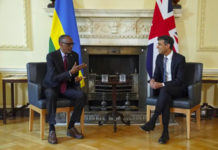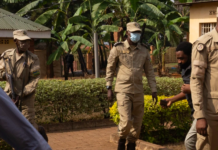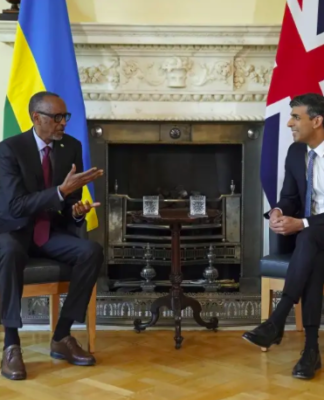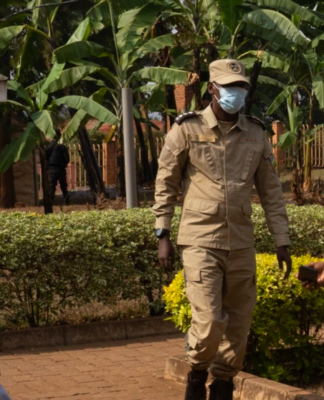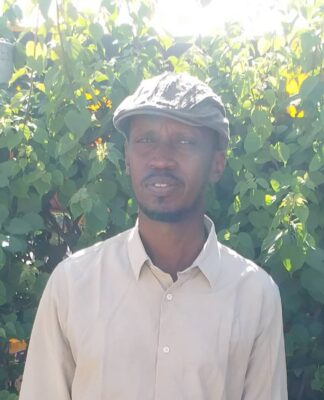Quebec in the world
Located in eastern Canada, between Ontario and the Atlantic Provinces, Quebec shares its southern border with the United States and is crossed by the St. Lawrence River that connects the Great Lakes to the Atlantic Ocean. With an area of 1.667 million km2, Quebec is the largest province in Canada and the second largest territorial unit after Nunavut. He is 6 times France.
The political status of Quebec is defined in the Canadian Constitution. Quebec has the power to legislate in several areas of exclusive jurisdiction, including the administration of justice, health, education and private law. The political climate in Quebec is often driven by the debate about the special status of the province within Canada. A sovereignist movement advocates the independence of the province, while the federalist ideology advocates the maintenance of the federal union. Unlike the rest of Canada, Quebec law is mixed: private law is civil law, while public law is in the common law tradition.
The main political parties in Quebec
The Liberal Party of Quebec (PLQ) is a federalist party, that is to say it supports the idea of keeping Quebec as a province of Canada. Francophone federalists, the English-speaking minority in Quebec, and immigrants generally constitute the electoral base of the QLP. But they often blame the party for forgetting them after their electoral victories. This is the party that is currently in power.
The Parti Québécois (PQ) is a Quebec political party, working on the provincial scene, which advocates the independence of Quebec and the protection of the French language. He took office for the first time following the 1976 election and since 2014 has been the official opposition to the Quebec National Assembly. Since October 7, 2016, it is directed by Jean-François Lisée. A member of this party is called “Péquiste”.
The Coalition avenir Québec (CAQ) is a political party in Quebec described as center-right and founded by the businessman and former PQ minister François Legault and the lobbyste Charles Sirois. The Coalition became a political party on November 14, 2011, after a group of celebrities published a manifesto on February 28, 2011. On February 14, 2012, the CAQ officially joined Action démocratique du Québec.
Québec Solidaire (QS) is a left-wing Quebec political party founded in 2006. It was born from the merger of the Union of Progressive Forces, a coalition of groups of various socialist tendencies, and of Option citoyenne, a feminist and anti-globalization group . QS proposes a certain socialization of the economy with a view to energy independence, the development of public transport, the management of natural resources and the protection of the environment. Québec Solidaire is also a sovereignist party. He defends feminism and ecology.
Results of the poll on Tuesday, September 10, 2018. Also, Elections will be held on October 1, 2018.
CAQ: 35%, PLQ: 29%, PQ: 21%, QS: 12% AND OTHERS: 4%
Malaise in the cultural communities of Quebec.
Definitions: Visible minorities are all people who do not have white skin. In Quebec, the main groups represented are Blacks, followed by Arabs, Latin Americans and South Asians. Aboriginal peoples (Native Americans) are not counted as visible minorities. The vast majority of visible minority Quebeckers (9 out of 10) live in the greater Montreal area. Among all the residents of the city of Montreal, 1 in 3 does not have white skin. Cultural communities include visible minorities, but also ethnic minorities (white people whose mother tongue is neither French nor English). The population of Québec is 8,394,034 (2017 census), 13% of which come from cultural communities or cultural minorities. Three-quarters of cultural minorities are visible minorities.
A socio- economic report published on May 16, 2018 by the IRIS (Institute for Socioeconomic Research and Information) shows that the relative weight of people who identify as visible minorities in the public sector in Quebec is much lower than their proportion of 13% Population. For example, in 2016, only 4.4% of Hydro-Québec employees belonged to visible minorities. In terms of school boards, it was 4.3% in Greater Montreal and as little as 0.5% for the rest of Quebec. The Société des alcools du Québec has only 2% visible minority representatives among its employees. They are only 7% in provincial ministries. Unfortunately, the main victims of this systemic racism are visible minorities. There are more than one million in Quebec and we do not do enough to promote their hiring. While calls for “living together” are increasing in recent times, will it also call to work together?
What about Africans who come to study or work in Quebec?
It is true that Francophones in Africa are attracted to Quebec because of the French fact and relatively low tuition fees. But the problem comes after graduation by newcomers. Very few of them find work in their field of study. The vast majority of them leave for the other English provinces and the United States which still remains by far the best country for immigrants. Those who remain are converted to other areas and most often work with other more open communities such as Jews, Italians and others. The French language is not a factor of integration in Quebec because some employers in the beautiful province prefer Asians who do not speak French to Francophones. Many people regret having come directly to Quebec. According to them, it would be better to go directly to the country of ounce Sam or English Canada where there is less difficulty finding work and where integration is easier.
Questions to the 4 party leaders (Messrs Couillard, Legault, Lisée and Madame Massé) during this debate on September 13, 2018.
1-Health care
A-The most recent extreme heat wave could have claimed up to 70 victims in Quebec, according to the latest report sent by the Department of Health and Social Services. It appears that some of our health centers are not yet air conditioned. What do you plan to do to prevent such a tragedy?
B- Not only the catch-up is completed, but the remuneration of medical specialists in Quebec now exceeds that of their counterparts in Ontario, recognizes the Minister of Health. But that does not seem to solve the problems of health care providers. We still have crowded emergency rooms and more, all Quebecers do not yet have a family doctor and so on. What are you going to do to improve the health system?
2- Over-invoicing at Hydro-Québec since 2008
Hydro-Québec has admitted to having collected $ 1.4 billion more from its subscribers since 2008. Thus, a class action has been filed in court to claim overpayments. Why not take the bull by the horns and repay the customers of this state company?
3-integration of cultural communities
13% of Quebec’s population do not have skin balance. Yet their proportion in the public service and large state corporations ranges from 2 to 9%. The liquor company (2%) and Hydro-Québec (4%) hold the worst figures for the representation of these minorities. We are talking more and more about systemic racism in Quebec. The numbers speak for themselves and the discomfort is profound. What will you do to facilitate the integration of these immigrants and prevent Quebec from continuing to be a sink?
4-situation of the French language in Quebec and elsewhere in the world.
From my point of my point the French language recedes everywhere around the world including Quebec. I find it a shame because I did all my studies in French. Integrating French-speaking immigrants from Africa or elsewhere could help develop Molière’s language. But it seems to me that the political class and the Quebec businessmen do not understand it. Thus these newcomers find it easier to work with Jews, Italians or others who are more open. What do you think and what do you recommend?
5-Canadian diplomacy would have broken its promise to the village of Montreal in Senegal
In 2016, the Canadian embassy in Senegal in Dakar promised to dig a borehole for the supply of drinking water to the inhabitants of the village of Montreal. This promise was made in front of several people. Our diplomatic mission has broken the rubelet by disavowing its promise. How can our diplomacy fall so low by making a false promise to poor, sick and destitute villagers? By doing so, it has simply tarnished the reputation of Canada and Quebec abroad. What do you think ? Maybe an independent Quebec would have the solution? Moreover, it has been shown that this same embassy in Dakar, Senegal does not respect the law on official languages. What action would you take against our missions abroad who despise French?
Thank you and have a good debate!
Gondiel Ka
Expertise Relation Africa Canada

